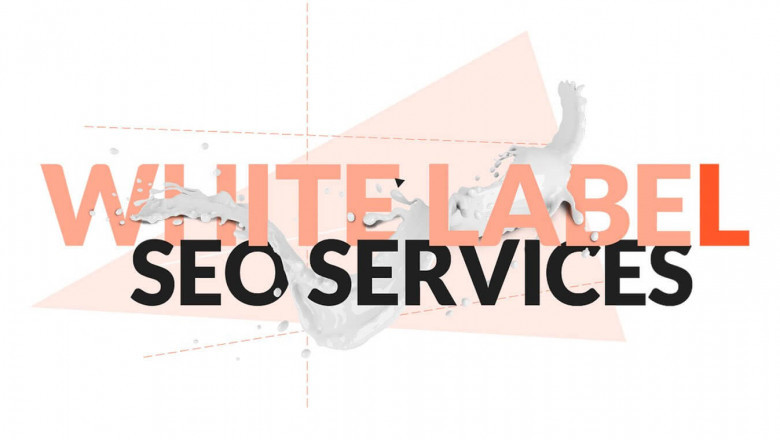views
In the ever-evolving realm of digital marketing, Search Engine Optimization (SEO) remains an indispensable element for businesses striving to cultivate a robust online presence, attract organic traffic, and achieve sustainable growth. However, the intricacies of managing effective SEO campaigns can be daunting, demanding specialized expertise, time commitment, and resources that many businesses, particularly small and medium-sized enterprises (SMEs) or those lacking dedicated in-house marketing teams, may not readily possess. This is where White Label SEO emerges as a strategic and increasingly popular solution.
White Label SEO, in essence, involves outsourcing SEO services to a specialized agency and subsequently rebranding those services as your own. This empowers businesses, marketing agencies, web design firms, and other client-facing entities to offer comprehensive and high-quality SEO solutions to their clients without the necessity of developing and maintaining a full-fledged in-house SEO department. In essence, you forge a partnership with a White Label SEO Agency that operates behind the scenes, diligently executing SEO strategies and delivering results under your distinct brand identity.
Deep Dive into the Mechanics of White Label SEO
The white-label SEO process typically encompasses the following key stages:
-
Partner Identification and Selection: The initial and arguably most critical step involves identifying and selecting a reputable White Label SEO provider that aligns seamlessly with your service offerings, quality benchmarks, and business ethos. This necessitates a meticulous evaluation of various factors, including the agency's industry experience, proven track record, portfolio of successful campaigns, communication protocols, reporting mechanisms, technological capabilities, and pricing structures.
-
Service Agreement and Contract Negotiation: Once a suitable white label partner is identified, a formal agreement is established to delineate the scope of services, pricing terms, payment schedules, reporting frequency, performance metrics, and confidentiality clauses. This legally binding agreement serves to protect the interests of both parties, ensuring clarity, transparency, and mutual understanding regarding expectations and deliverables.
-
Client Onboarding and Project Initiation: When you acquire a new client who requires SEO services, you act as the primary point of contact, gathering their specific requirements, business objectives, target audience, and key performance indicators (KPIs). This crucial information is then communicated to your white label partner, who will use it to develop a tailored SEO strategy. This stage may involve granting the white label agency access to the client's website, analytics platforms, and other relevant tools.
-
SEO Service Execution and Implementation: The White Label SEO provider assumes responsibility for executing the agreed-upon SEO tasks and strategies. These services can encompass a wide spectrum of activities, including but not limited to:
-
Keyword Research and Analysis: Identifying the most relevant and high-value keywords that the client's target audience uses when searching for products or services online. This involves analyzing search volume, keyword difficulty, and competitive landscape.
-
On-Page Optimization: Optimizing various elements within the client's website to improve its search engine visibility and user experience. This includes optimizing title tags, meta descriptions, header tags, content, internal links, and URL structures.
-
Off-Page Optimization: Building the website's authority and reputation through external factors, such as link building, social media marketing, and online PR.
-
Content Creation and Marketing: Developing high-quality, engaging, and informative content that attracts and retains visitors, establishes thought leadership, and improves search engine rankings.
-
Technical SEO: Ensuring the website's technical infrastructure is optimized for search engines, including site speed, mobile-friendliness, site architecture, XML sitemaps, and robots.txt files.
-
Local SEO: Optimizing the client's online presence for local search, including Google My Business optimization, local citations, and online reviews.
-
-














Comments
0 comment